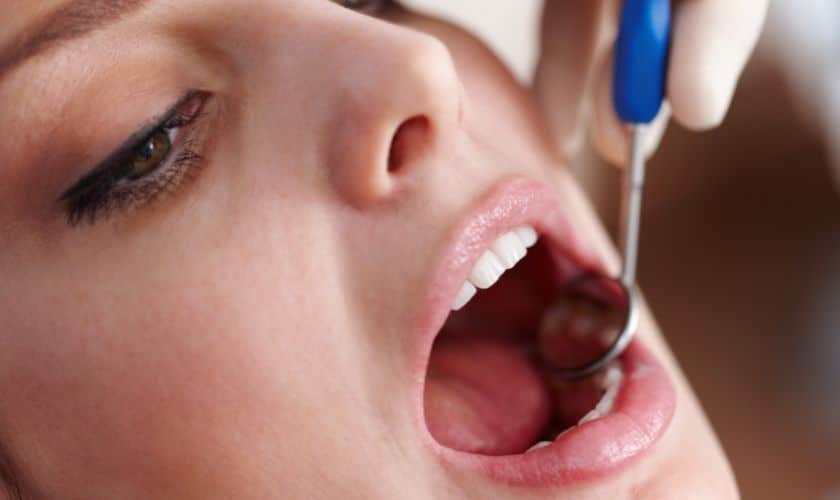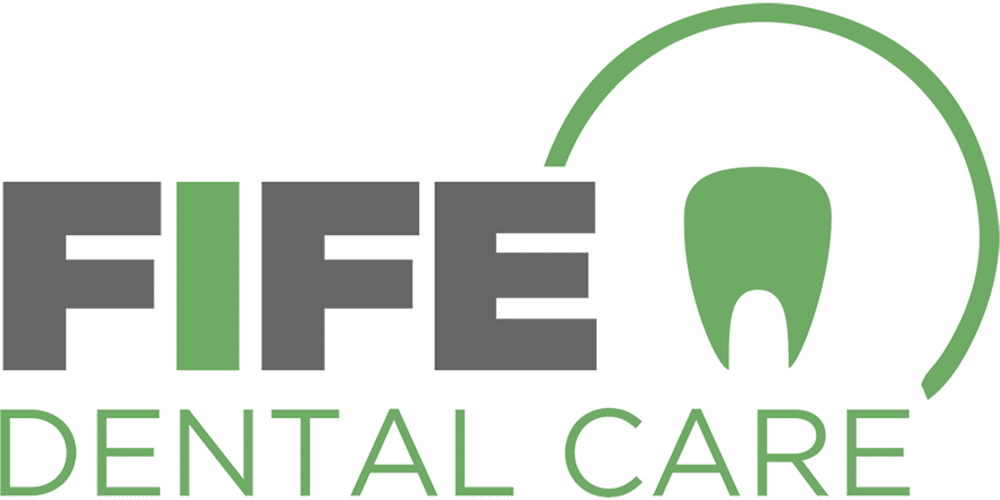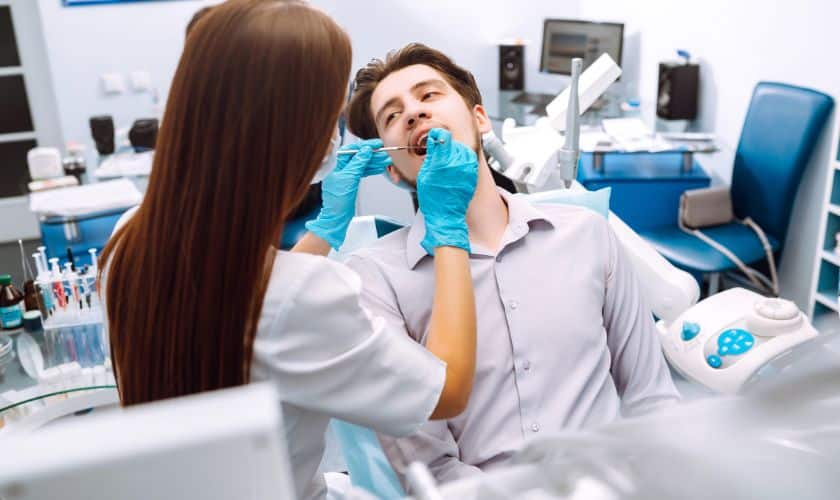
Shedding Light on Oral Cancer: Risks, Symptoms, and Prevention Strategies

Oral cancer is a serious and potentially life-threatening disease that affects the tissues of the mouth or throat. While it may not receive as much attention as other forms of cancer, early detection and treatment are crucial for improving outcomes and saving lives. In this blog post, we’ll explore the risks, symptoms, and prevention strategies associated with oral cancer to raise awareness and promote early detection.
What is Oral Cancer?
Oral cancer, also known as mouth cancer or oral cavity cancer, refers to any cancerous growth that develops in the oral cavity, including the lips, tongue, gums, cheeks, roof or floor of the mouth, and throat. Oral cancer can occur in various forms, including squamous cell carcinoma, which accounts for the majority of cases, as well as less common types such as adenocarcinoma and melanoma.
Risk Factors for Oral Cancer
Several factors can increase the risk of developing oral cancer, including:
- Tobacco Use: Smoking cigarettes, cigars, pipes, or using smokeless tobacco products significantly increases the risk of oral cancer. Tobacco contains carcinogenic chemicals that can damage the cells in the mouth and throat.
- Heavy Alcohol Consumption: Excessive alcohol consumption, particularly when combined with tobacco use, can further elevate the risk of oral cancer. Alcohol can irritate the cells in the mouth and throat, making them more susceptible to cancerous changes.
- HPV Infection: Certain strains of the human papillomavirus (HPV), particularly HPV-16 and HPV-18, have been linked to an increased risk of oral cancer. HPV-related oral cancers are more common among younger individuals and may occur in the back of the throat or tonsils.
- Poor Oral Hygiene: Neglecting oral hygiene practices such as brushing, flossing, and regular dental check-ups can contribute to the development of oral cancer. Poor oral hygiene allows bacteria to accumulate, leading to inflammation and potential cancerous changes.
- Sun Exposure: Prolonged exposure to ultraviolet (UV) radiation from the sun can increase the risk of lip cancer, particularly for individuals who work outdoors or participate in outdoor recreational activities without adequate sun protection.
- Poor Diet: A diet lacking in fruits and vegetables may increase the risk of oral cancer. Consuming a balanced diet rich in nutrients and antioxidants can help support overall health and reduce cancer risk.
Symptoms of Oral Cancer
Early detection of oral cancer is crucial for successful treatment. Be vigilant for the following signs and symptoms:
- Persistent mouth sores or ulcers that do not heal
- Red or white patches on the gums, tongue, or lining of the mouth
- Lump or thickening in the mouth or throat
- Difficulty chewing, swallowing, or speaking
- Persistent sore throat or hoarseness
- Numbness or tingling in the mouth or lips
- Unexplained bleeding or pain in the mouth
Prevention Strategies
While some risk factors for oral cancer, such as genetic predisposition, cannot be controlled, there are steps you can take to reduce your risk:
- Quit Smoking: If you smoke, quitting is the single most important thing you can do to lower your risk of oral cancer. Seek support from healthcare professionals or smoking cessation programs to help you quit.
- Limit Alcohol Consumption: Drink alcohol in moderation, if at all. For optimal health, women should limit alcohol to one drink per day, while men should limit alcohol to two drinks per day.
- Practice Sun Safety: Protect your lips from sun exposure by wearing a wide-brimmed hat and using a lip balm with SPF protection. Avoid prolonged sun exposure, especially during peak UV hours.
- Maintain Good Oral Hygiene: Brush your teeth at least twice a day, floss daily, and attend regular dental check-ups and cleanings. Good oral hygiene can help prevent gum disease and reduce the risk of oral cancer.
- Get Vaccinated: HPV vaccination can help prevent certain strains of HPV that are associated with oral cancer. Talk to your healthcare provider about the HPV vaccine, particularly if you are under the age of 26.
- Eat a Healthy Diet: Consume a balanced diet rich in fruits, vegetables, whole grains, and lean proteins. Limit processed and high-fat foods, and avoid sugary snacks and beverages.
Conclusion
Oral cancer is a serious and potentially life-threatening disease, but it is also highly preventable. By understanding the risks, recognizing the symptoms, and adopting healthy lifestyle habits, you can reduce your risk of oral cancer and promote early detection. If you notice any signs or symptoms of oral cancer, don’t hesitate to consult with your dentist or healthcare provider for evaluation and appropriate management. Remember, early detection saves lives.


